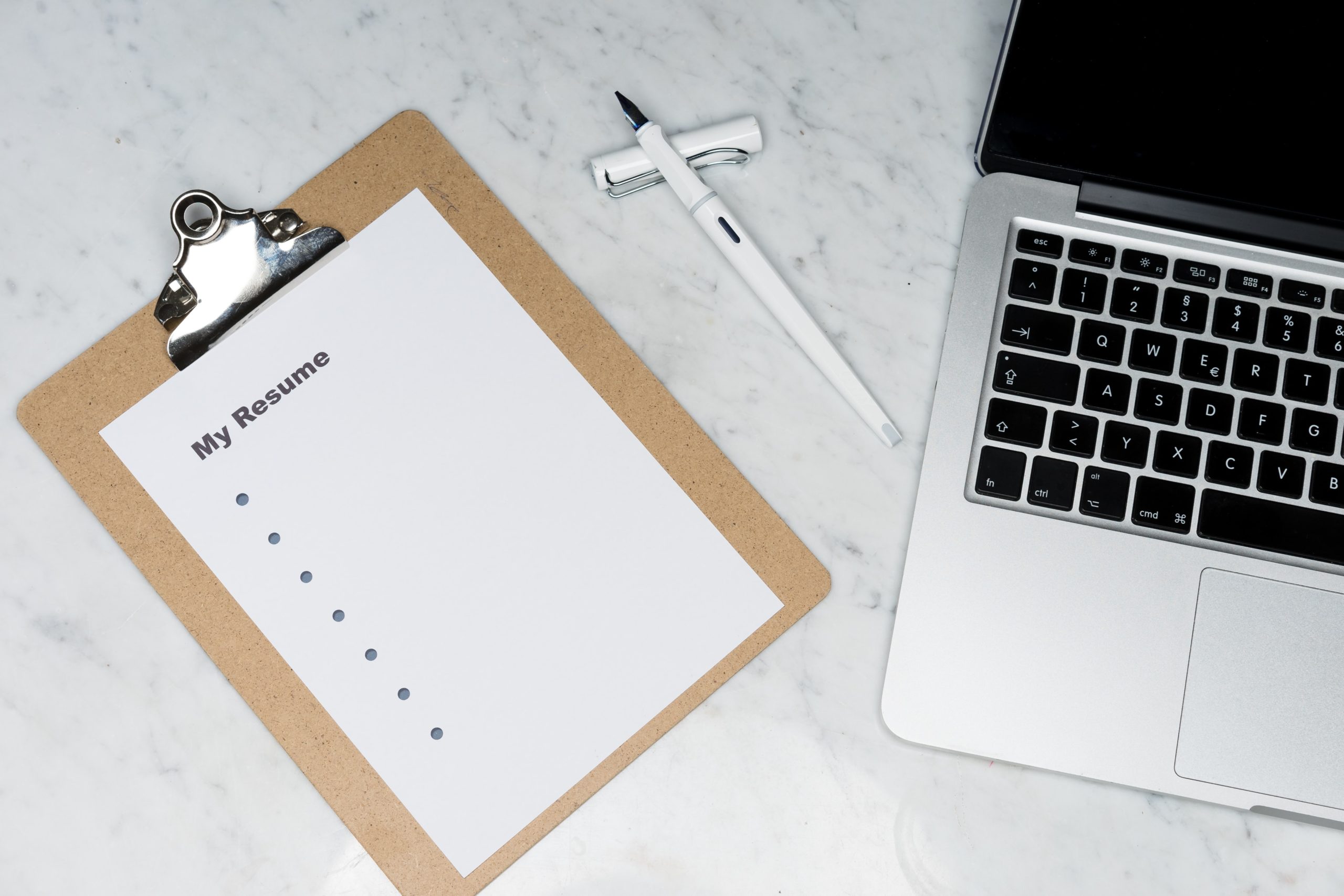Avoiding default typically involves taking proactive steps to ensure that you are able to make timely payments on any debts or obligations that you have. Here are some tips that may help:
1. Create a budget: Start by creating a budget to help you track your income and expenses. This will help you see where your money is going and identify areas where you can cut back to free up some cash. I like using Excel to keep track of the list. Of course, you can use an app to keep track of the same.
2. Prioritize payments: Make sure that you prioritize your debt payments so that you are paying the most important debts first. For example, if you have a mortgage, that should be a top priority, followed by other secured debts like car loans. Unsecured debts like credit cards should be lower on the list.
3. Set up automatic payments: Consider setting up automatic payments for your debts so that you don’t have to worry about missing a payment. Many lenders and credit card companies offer this service, and it can be a great way to stay on top of your payments.
4. Communicate with your creditors: If you are struggling to make your payments, don’t ignore the problem. Instead, contact your creditors and explain your situation. They may be willing to work with you to come up with a payment plan or other solution.
5. Seek professional help: If you are really struggling with your debts, consider speaking with a credit counselor or other financial professional. They can help you create a plan to get back on track and avoid default.
I know it is very hard when you are in a situation like this facing a chance of defaulting. I recommend seeking professional help when needed to work through it.
